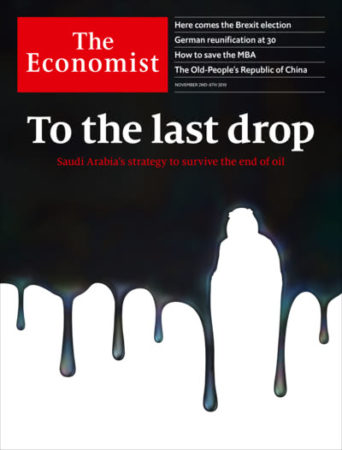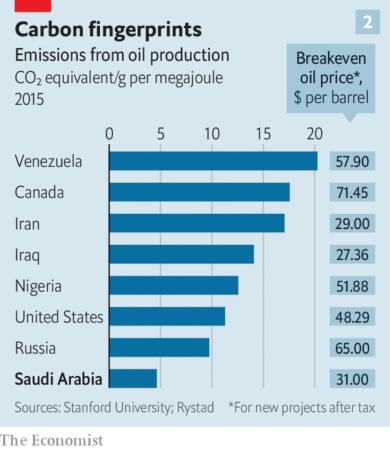After attending half of a classmate’s job talk for a law and political science position at Guelph I photographed today’s Climate Strike in Toronto. It was a big organic crowd, with some contingents from labour or specific causes who were clearly together but where most people carried home-made signs which didn’t come out of a print shop or an activists’ art build.
It’s good to see the level of concern, which is perhaps hardening into a willingness to demand action. That’s what it will take with a government as deferential to industry as Canada’s is. If Justin Trudeau hadn’t twisted a little to help SNC-Lavalin that would certainly have been the default approach in Canada’s civil service, which exists in symbiosis with the industries which it is meant to regulate. They fall over themselves to bail out the automobile industry, so the scale of changes necessary to address climate change is broadly unthinkable to them: totally outside the scope of what they see as possible to implement. They’re also the guardians of federalism, so the inter-provincial dynamics of fossil fuel and climate change politics are frightening to them, strengthening a trained impulse to generally try to muddle through with as little fundamental change as possible.
Preventing the worst effects of climate change now demands boldness far beyond what the Liberals and Conservatives are offering — perhaps more along the lines of what Green Party members whisper to each other during fearful conversations about climate change and the human future. The world of 2000 looked nothing like the world of 1900, and 2100 may be more different still. All of this can go: rapid transport options available to anyone with money, cities dominated by the private car, exotic foods in all seasons, cheap and automatic indoor climate control in summer and winter, suburbia. The populace takes it all for granted politically and ultimately emotionally, but it’s fragile. Indeed, it has never really been functioning in the way people thought, since the interactions between people behaving that way and the rest of the biosphere gradually erode away the web of life on which human survival depends. I think we’ll find that our personal options will inevitably be constrained in some ways in the future, which will produce a series of political fights which will make hyperbole about carbon taxes seem like gentle childhood provocation.
Hey, I tend to be a worrier though. Maybe Greta will provoke the world sufficiently to drive politicians everywhere to reverse their foolish commitment to continued fossil fuel dependence and implement the kind of rapid global decarbonization which is feasible with cooperation and cheap compared to suffering the effects of unconstrained climate change. The logical and ethical case for action is a slam dunk, it’s just hard to accept that we actually need to make sacrifices so that future generations won’t inherit a degraded world where changing global conditions continuously imperil them and in which the richness of life has been sharply circumscribed by our unwillingness to get over coal, oil, and gas at a rate that does justice to the inheritors of the Earth.
It’s also logically possible that some combination of technological development and political change will lead to the kind of mass renewable deployments being called for at rallies like today’s, and by organizations like 350.org. David MacKay’s book is convincing that there is enough renewable energy potential to give all the world’s billions of inhabitants a standard of living comparable to that in Europe today, based around a much more equitable distribution of global energy use.


